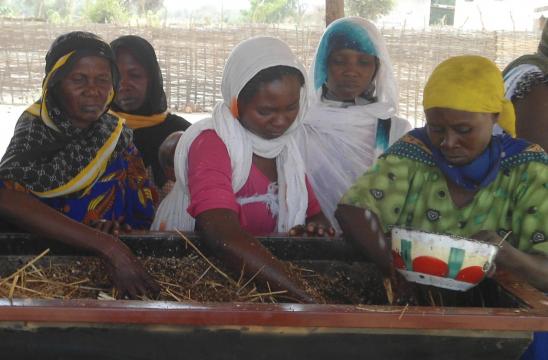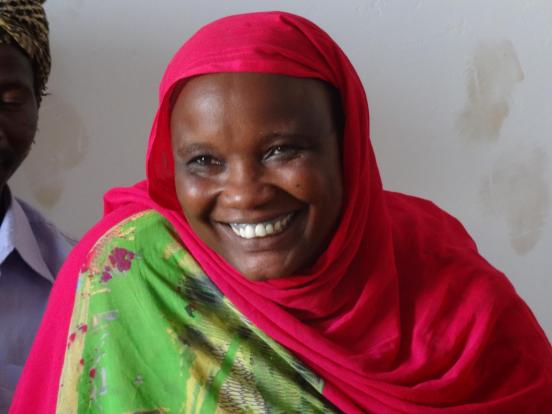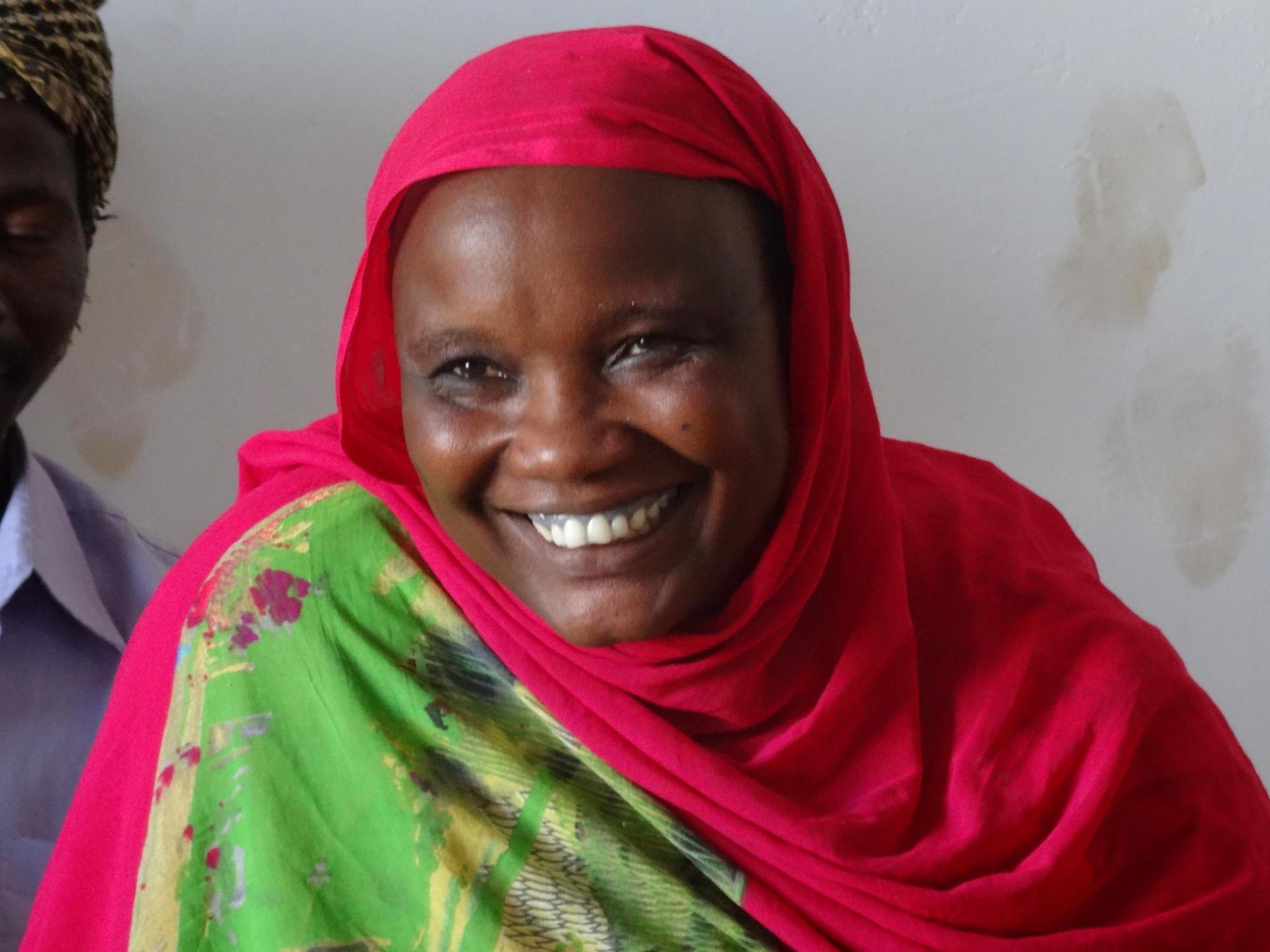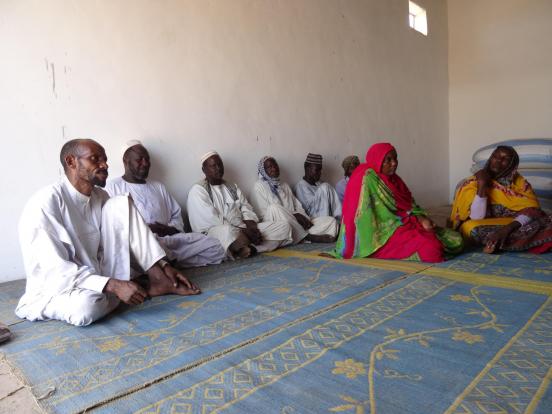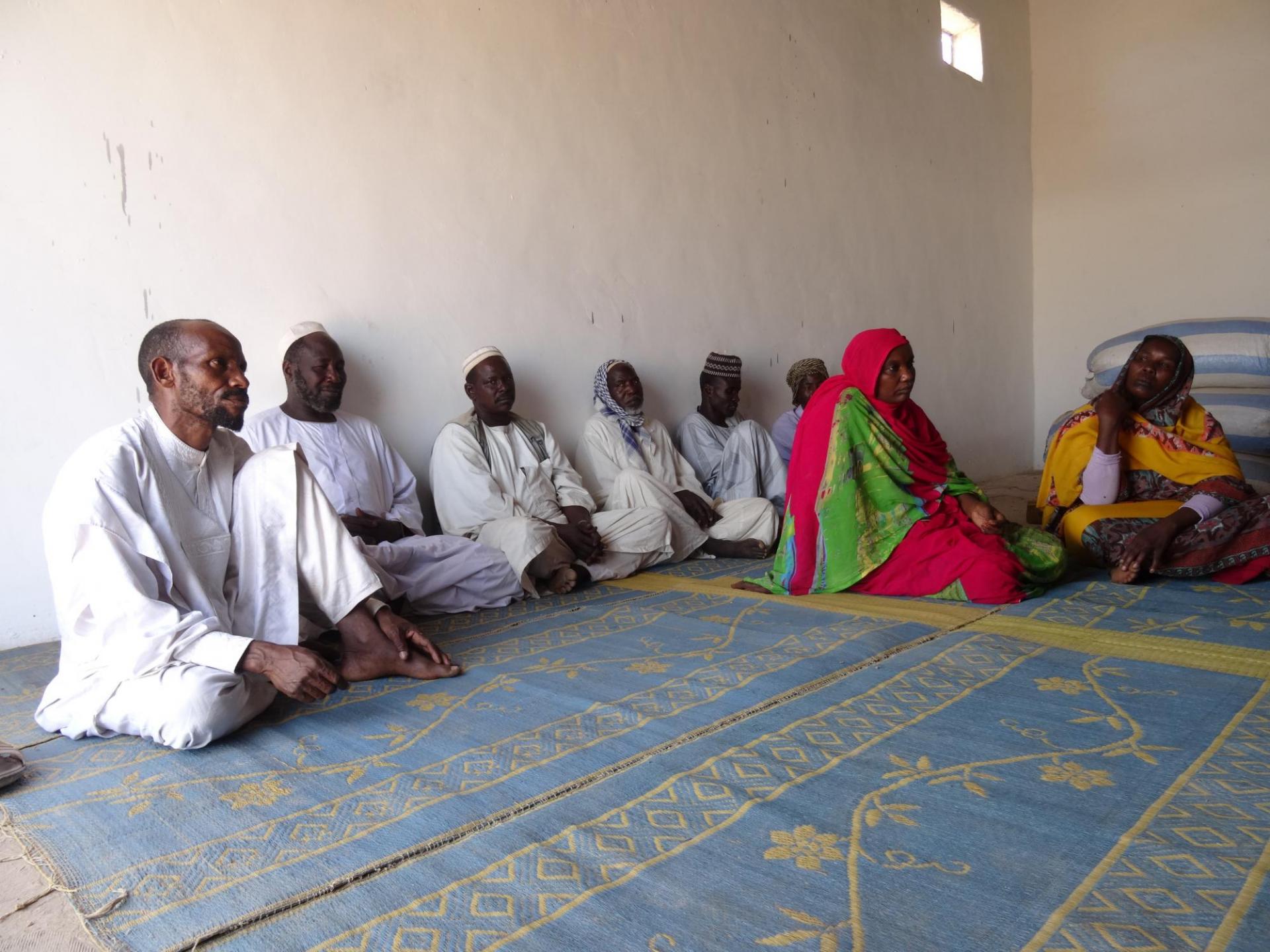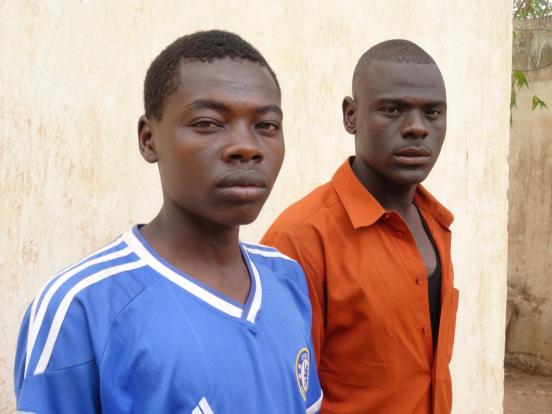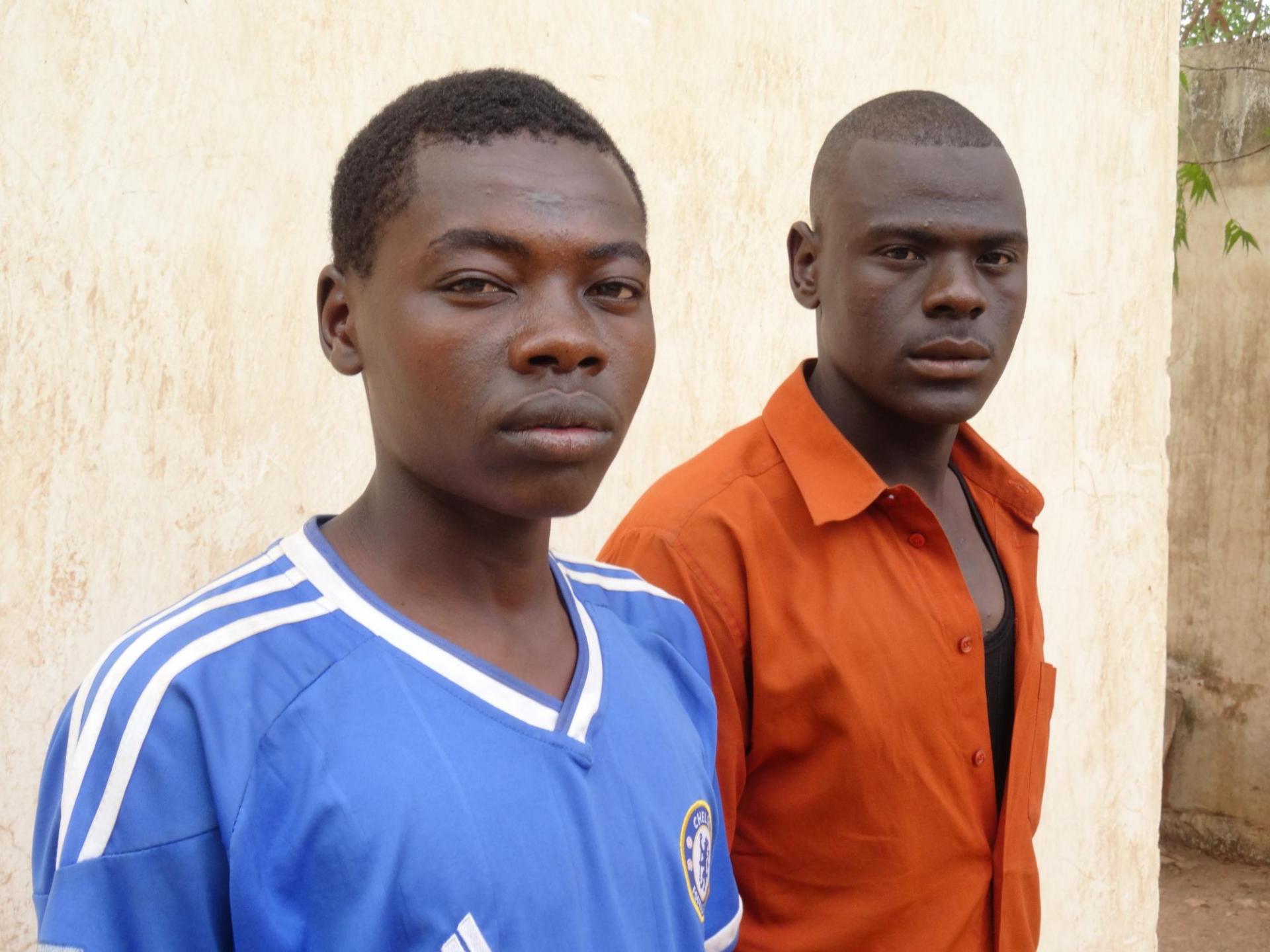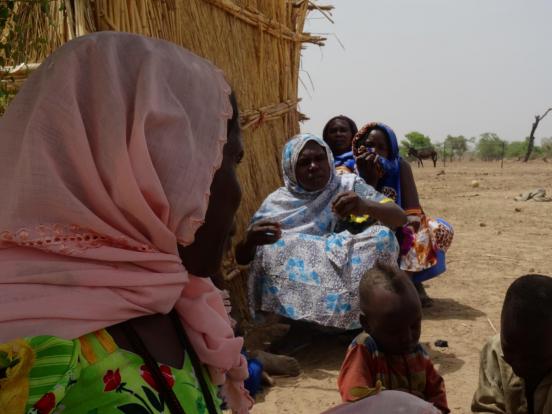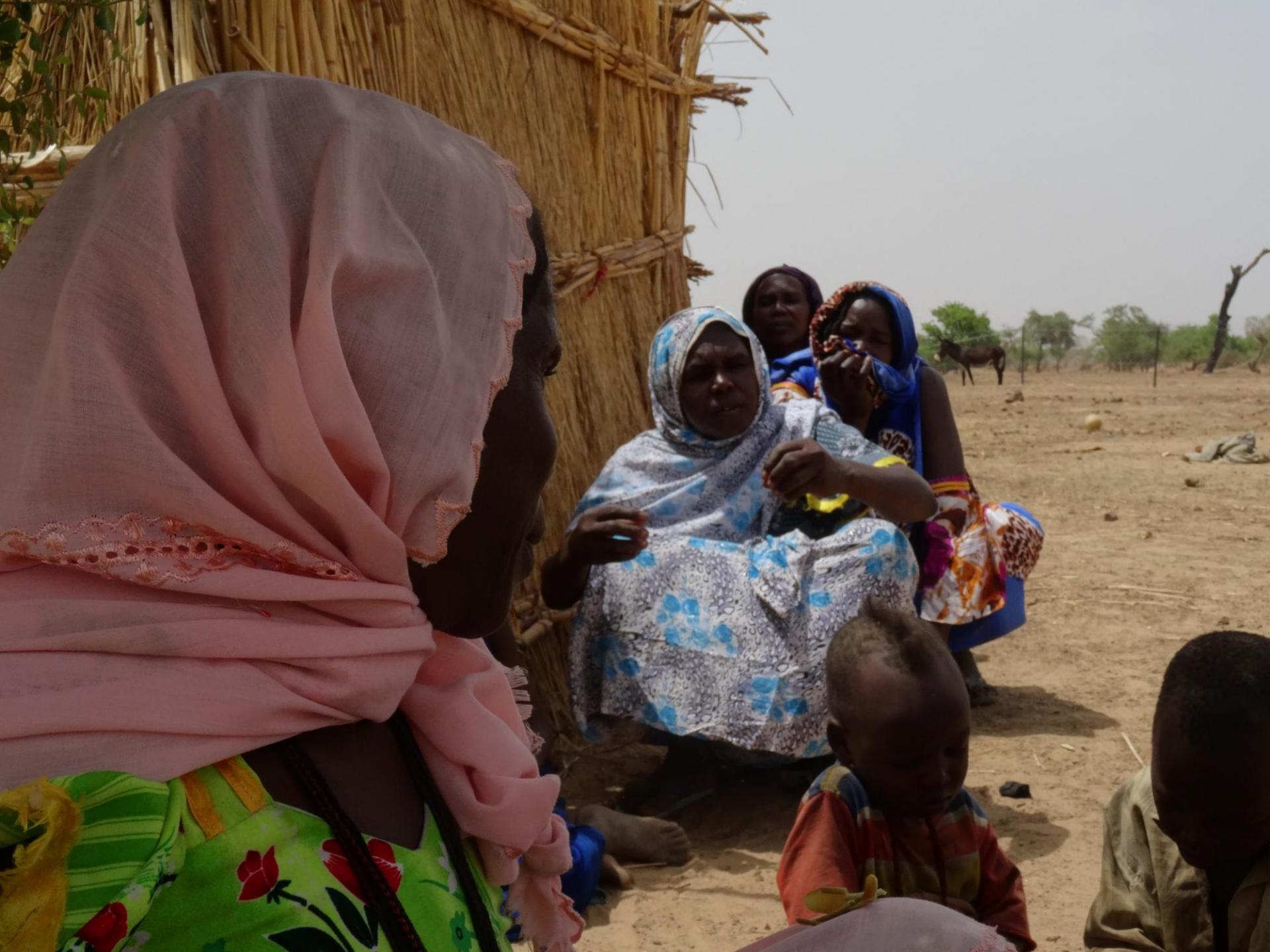The Goz Beida bureau was opened in 2011 following the Darfur Crisis. LWF Goz Beida supports host and refugee communities in various projects spanning Income Generating Activities, infrastructure development and shelter, energy, environmental protection and agriculture.
Thanks to its 30 employees and tireless advocacy work the bureau was able to help more than 3500 beneficiaries and secured more than 900 acres for agricultural activities.
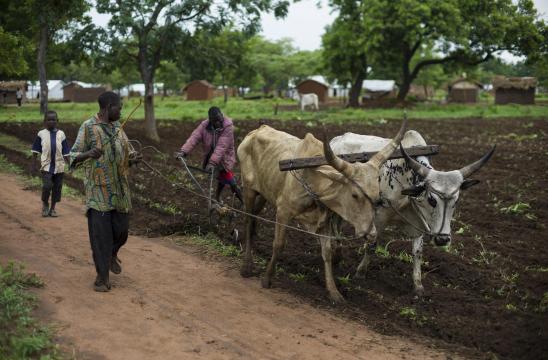
The Goz Beida region was selected for the implementation of the pilot project Seeds for Solution. This project aims at increasing Self-Sufficiency in refugee and host populations through a durable, enhanced and shared agricultural production.
In 2014 the LWF was able to secure more than 3000 acres from land owners, allowing more than 1800 local and refugee beneficiaries to access farmlands.
The LWF also contributes to the good health of livestock through vaccinations campaigns and veterinary care, supports communities’ health with sanitary tests on carcasses and helps farmers and local authorities through the census of animals.
These actions, combined to trainings and awareness campaigns, contribute to the public health and support this traditional Income Generating Activity.
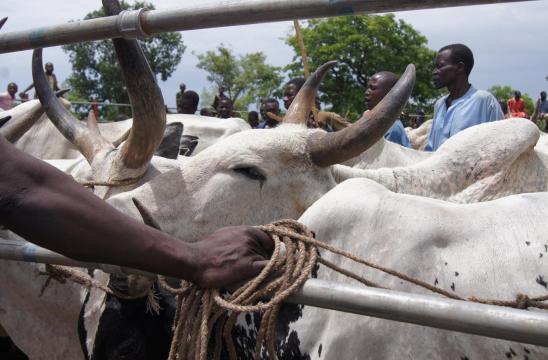
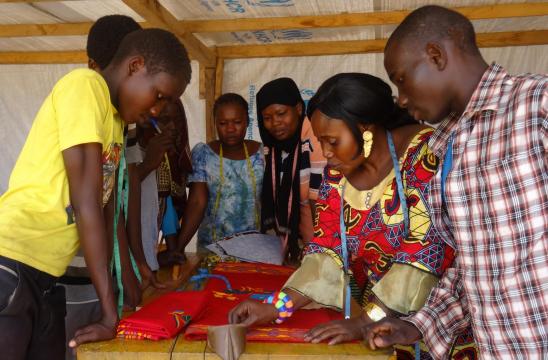
LWF has at heart to train and include beneficiaries at all stages and in all aspects of its programs. The Goz Beida bureau helps organizing committees and trainings on various topics, from sustainability to peaceful coexistence, to farming.
Since 2011, the LWF has been in charge of the Vocational Training Centre and offers as varied trainings as woodwork, masonry, electricity, mechanics, saponification-dye and sewing. The strength of the educational program lies in the follow-up and organization of more than 400 laureates in workers’ groups. These groups facilitate job search and allow for a better exchange of competencies.
The influx of refugees has rendered these fragile ecosystems even less resilient. In order to alleviate the burden and to palliate the exhaustion of farmland and deforestation the LWF is implementing an environmental protection strategy.
In 2014, the Goz Beida bureau has trained more than 800 people and organized 17 awareness sessions on environmental protection. LWF has also set reforestation areas, distributed enhanced ovens and installed machines for the fabrication of combustible bricks, further reducing the need for wood.
